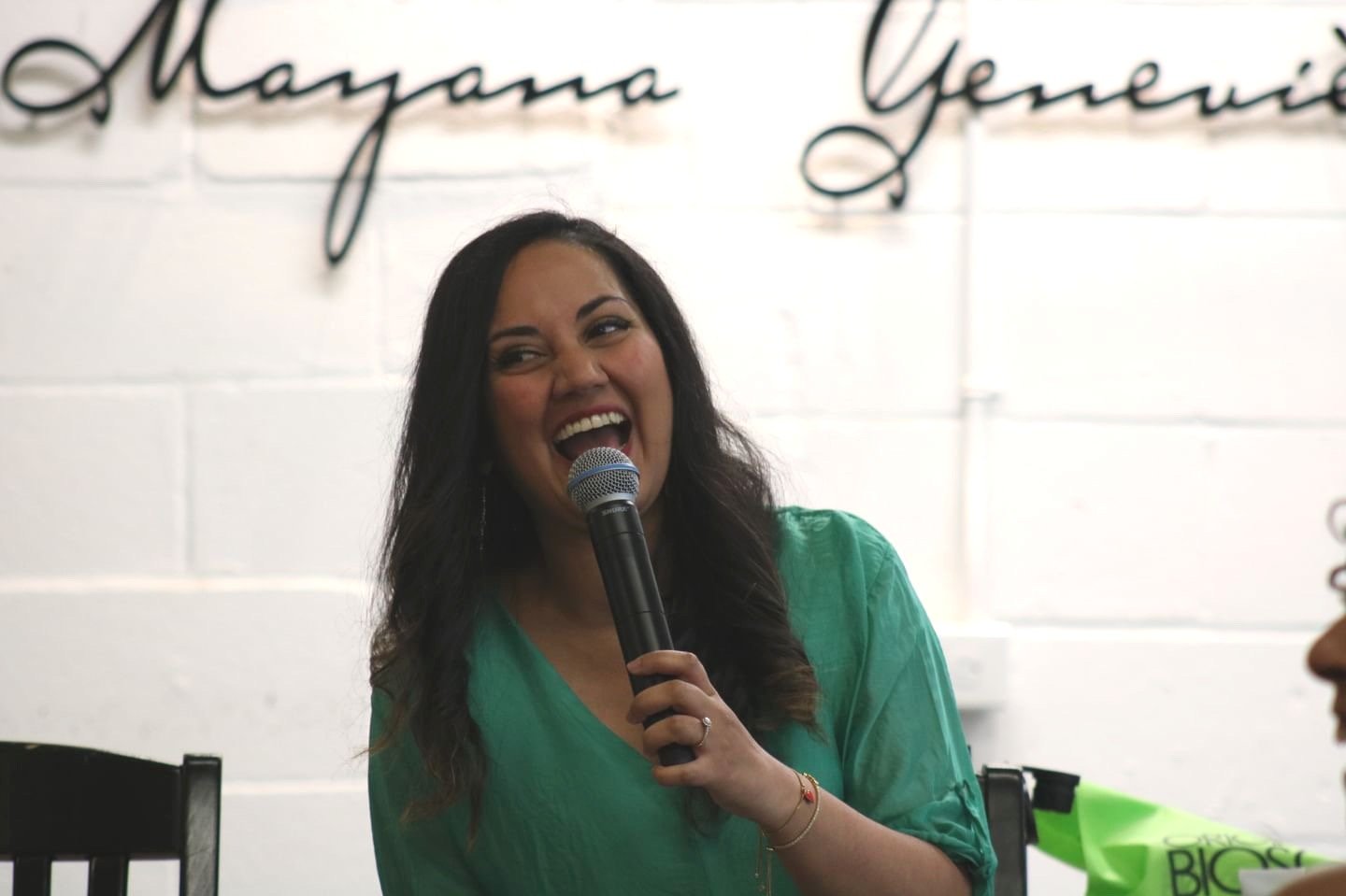Google I/O Day 2
This is a continuation post from Google I/O Day 1.
With a fresh perspective after the Day 1 sessions, I reworked my schedule to try and make the most of what Google I/O had to offer. The keynote for Day 2 was given by Marissa Mayer, which admittedly made me a little star struck. I read about her in The Google Story– she was the first female employee and part of the first handful hired at Google. I thought it was pretty cool that she was addressing us. Of the advice she had to offer, she mentioned something also mentioned in The Google Story; have a healthy disrespect for the impossible. It was this thought that constantly lead Larry, Sergey, and the rest of Google to do the things they do. It’s what made Larry and Sergey start Google. So with that phrase in mind, I went on to Day 2 of the conference.
I did two things I didn’t get to do on Day 1: A Code Lab and a Fireside Chat. For the code lab, I worked with the Google Maps API. The lab was incredibly helpful. There was a website with about 24 slides showing different things you can do with the API, some of them being demonstrated by the Google developer running the lab. Then we were given a link to instructions and got to work at our own pace making different API calls. Developers, of course, were there to answer any questions we had.
Then there was the Fireside Chat I attended, which was on the topic of Android. Eight engineers from the Android team were there to informally answer questions as long as we could come up with them. I didn’t ask any, but plenty I had [or should have had] got answered.
All in all, this was a pretty great learning experience that gave me a lot of new insight not only on Android, GAE, or other Google products, but Software Development in general. Just hearing some of the engineers speak was truly inspiring. It was also eye opening to the fact that there is so much I need to learn (not that I didn’t know that already, but this made it a little more concrete). And not only did I learn about software development, but also about running a business, how to treat users, and some new ways of thinking and problem solving. I feel they took the “Cura Personalis” approach the University of Scranton takes (translates to ‘Care for the whole person’). The people at Google know what it takes to teach and to get people to learn.
So will I do it again next year? You better believe it.

